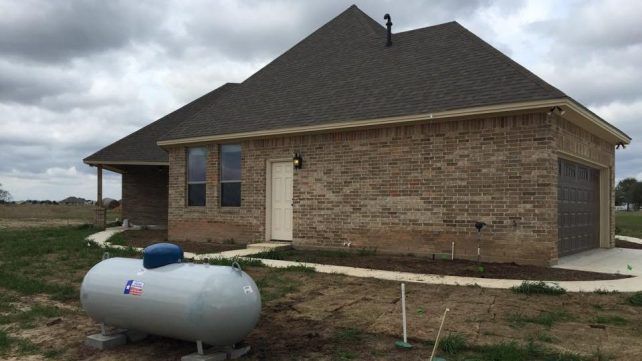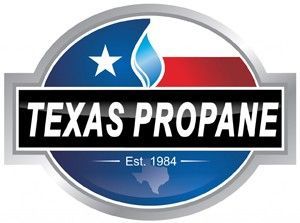Gas Furnaces VS Heat Pumps

How Gas Furnaces and Heat Pumps are Measured
A rating called Annual Fuel Utilization Efficiency (AFUE) is used for all types of heaters, no matter if it is a furnace or a heat pump. THE AFUE is an objective means of comparing two different types of heaters. It is shown as a percentage. This percentage rating can be thought of as similar to that of a SEER rating for heaters. For example, an AFUE of 60% would mean that 60% of the fuel burned by this heater can be used as useful heat to warm your home, and the other 40% is wasted through your exhaust vent. The higher the AFUE percentage, the more efficient the furnace or heat pump is. For gas furnaces, while 90% or higher is preferred, 80% is the minimum.
What is a Gas Furnace?
Fuel is used by a furnace to generate its own source of heat and then circulates this heat throughout your home. There are numerous types of furnaces, including gas furnaces, oil furnaces and electric furnaces. All of these utilize a fuel to burn as a means of heating the air inside your home.
Benefits of a Gas Furnace
One of the biggest advantages of installing a gas furnace is the reduction in monthly heating costs. Also, these furnaces are eco-friendly and assist the homeowner in lowering his or her carbon footprint. Lastly, when compared to heating alternatives, such as a heat pump, furnaces cost less per month to operate.
Cons of a Gas Furnace
The up-front cost of gas furnaces tend to be a little more expensive than heating alternatives, but in the longer run the homeowner will save money. Also, with gas furnaces, there is always the possibility of gas leaks occurring. Although dangerous, all homes that have a gas furnace of any kind are required to have gas leak detectors.
What is a Heat Pump?
A pump is a machine used to transfer heat from an area of cool air (called a “heat sink”) to an area that is warmer. One common application for this is to remove heat from the air outside of your house and transfer it into your home as a means of heating. If you are familiar with how an air conditioner or refrigerator worse, a heat pump is the same thing essentially, only run in reverse.
Benefits of a Heat Pump
A heat pump uses electricity to transfer heat from one area to another. This means that it never has to generate itself. Heat pumps simply move the heat that already exists from one area to another like from the outside of your home to the inside. Also, the energy efficiency with modern heat pumps range from an AFUE of around 80% to over 95%.
Cons of a Heat Pump
So why are heat pumps not the standard for cold weather? They seem almost too good to be true? This is because heat pumps are transferring heat from one area to another; so if it is below freezing (32°F) there’s not really any heat to transfer into your house. Heat pumps only work well if the temperature is above freezing, and is almost useless in the middle of a cold winter.
For more information, don’t hesitate to contact us here at Texas Propane with the link below!
Tips & Info
Fired up to learn more?
Read on to learn about how you can benefit from using propane.










